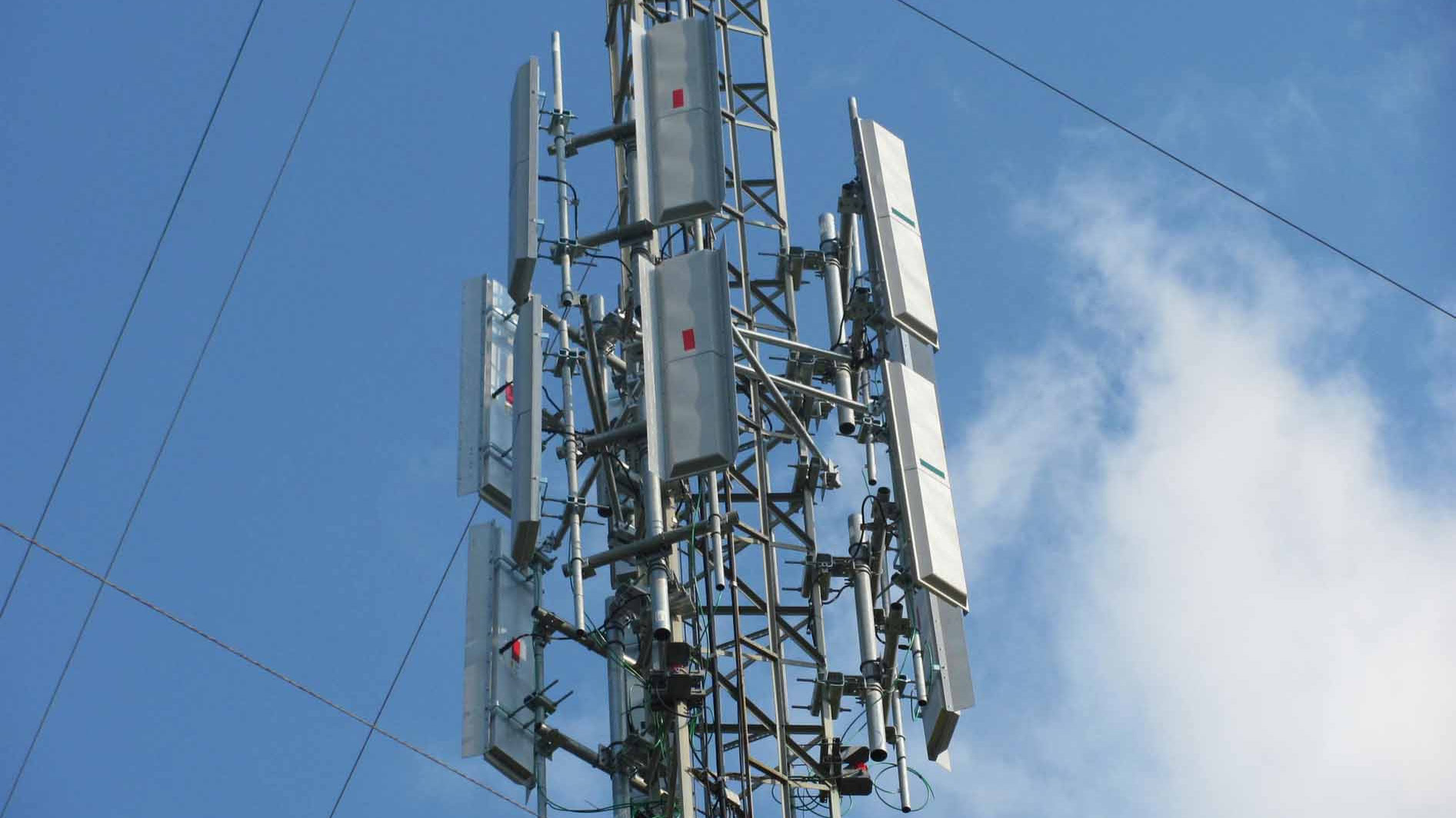Affiliate links on Android Authority may earn us a commission. Learn more.
What is fixed wireless internet?

The further you live from a town or city, the more limited your home internet choices can become. You’ll probably have to spend a bit extra as well, even if your speeds aren’t as good. One of your options, fixed wireless internet, does things slightly different from DSL or fiber. It uses a base station to transmit the internet over radio waves instead of a cable. Here’s everything you need to know.
How does fixed wireless internet work?

When you opt for fixed wireless internet, your provider will install a receiver on your house. It will communicate with the nearest wireless base station and offer you access to the web via a cable carrying the broadband signal from the receiver to the router in your house.
Fixed wireless internet is a top choice in rural areas where setting up the infrastructure for broadband services like DSL is prohibitively expensive. Transporting and burying cables in the ground and getting the necessary permits can be costly. So it doesn’t make financial sense for service providers to go down this road in less populated areas, where they can’t get enough subscribers on board to justify the total costs.
Pros and cons of fixed wireless internet
As with everything in life, fixed wireless internet has its share of advantages and disadvantages. Let’s talk about the benefits first.
- It’s easier to set up the equipment needed for fixed wireless internet than for other broadband services because it doesn’t require physical cables or much hassle.
- Unlike traditional cellular services, fixed wireless internet usually has either very high caps (100GB or more) or no caps at all. Additionally, the technology offers high download speeds that are just as fast, if not quicker, than those you get from other broadband services.
- You won’t need a phone plan to sign up for fixed wireless internet. Sure, you can sign up for a plan from AT&T, but it works independently of your mobile service.
Of course, there are also some downsides:
- The problem with fixed wireless internet is that the connection isn’t always stable. Rain, fog, and other weather conditions can affect its strength.
- You also need a line of sight between the receiver on your house and the wireless base station. Obstructions such as trees and hills can affect the quality of the service and even rule it out as an option.
- Then there’s also the price: fixed wireless internet is usually more expensive than other forms of broadband.
Fixed wireless vs satellite internet

Satellite internet is another option for those living in areas where fixed broadband services are not available. Although it also requires a dish and provides you with high-speed internet access without using a phone or cable line, satellite internet is different from fixed wireless in many ways.
Read Next: The best Internet providers in the US
Weather conditions affect satellite internet more than they do fixed wireless. The signal has to travel through the entire atmosphere and back. That means a storm in the next state can cause problems. A base station is about as tall as an average cell phone tower. It’s usually located within 10 miles of your house, so the clouds above it and the storm that’s miles away won’t interfere with the signal it’s transmitting.
And let’s not forget about lag. Because the satellite is positioned much farther from the receiver on your house than the wireless base station, satellite internet suffers from high latency. The lag can make even a high-speed connection sluggish and impact things like online gaming and streaming video.
Satellite internet providers also enforce data caps.
However, satellite internet is going through a bit of an evolution thanks to everyone’s favorite genius billionaire, Elon Musk. His Starlink project has been launching a constellation of satellites into low orbit for a few years now, promising internet access from anywhere on earth. So far, SpaceX has launched about 1,400 satellites of its 12,000-point constellation. Beta testing is slowly opening up, so we’ll have to see how this impacts the future of internet service.
One of the most important differences between the two services is the price. Despite its disadvantages, satellite internet is still the more expensive option. So when you take all these things into account, it’s clear that the latter is the better choice. Essentially satellite is the last-ditch option when you can’t get wired broadband or fixed wireless in your area.
How much does fixed wireless internet cost?

Now, for the all-important question: How much is this going to cost you? Well, it depends. Some of the most affordable carriers only cover parts of the United States, while top names like AT&T are among the most expensive. If you turn to Starry Internet, you’re looking at up to 200Mbps speeds for a flat rate of just $50 per month. Unfortunately, Starry only covers a few major cities at the moment, but it has permits for over 50 more.
AT&T covers portions of 18 states, but speeds top out at a meager 10Mbps. You’re also looking at a $60 per month rate, which is expensive considering your limited speeds. However, you can bundle AT&T’s service with DirecTV and stream on up to five screens at once.
One final option for your consideration is Rise Broadband. It’s the most widely available, covering parts of over 40 states. Download speeds top out at 50Mbps, while uploads are limited to 5Mbps. You can control your pricing based on how much data you need, with 250GB costing you $56.95 and unlimited data nearly reaching the $100 mark.
Are you thinking of opting for fixed wireless internet? If so, you’ll be happy to hear that there are many providers to choose from in the U.S. We suggest you visit a website like BroadbandNow, where you can search for those offering the service in your area.